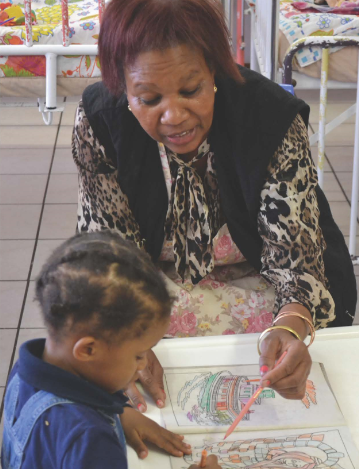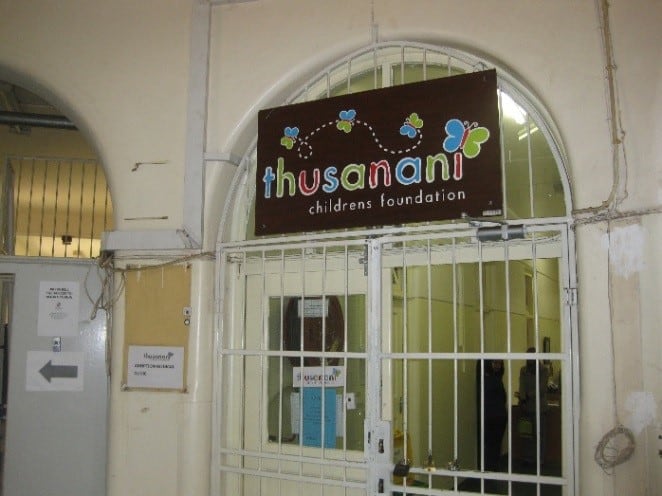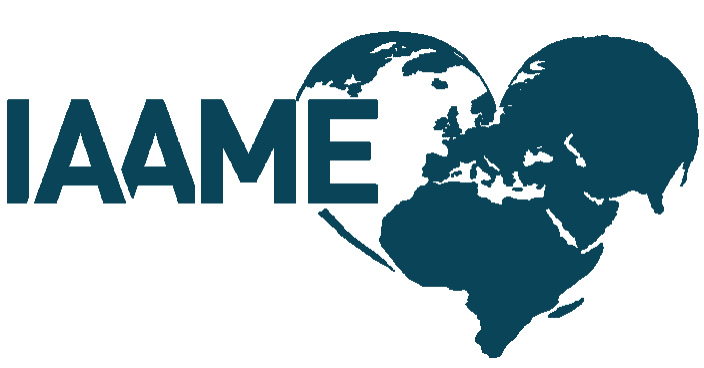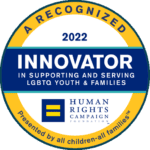Spence-Chapin finds families for the most vulnerable children in South Africa – children with a medical diagnosis who are in need of an international adoptive family. It takes a dedicated and resourceful parent to adopt a child with special medical needs. At Spence-Chapin, we guide families in how to make an informed decision about their family’s particular medical openness and offer support and resources before, during and after their adoption. Spence-Chapin is confident that in a loving home with the right family who is dedicated to learning about, or already has experience with special medical needs, these children can thrive!
But how does a family determine if adopting a child with special medical needs from South Africa is right for them? Here are 5 places to start:
1. Learn about the most common medical needs in South Africa.
Check out this article on the Top 10 Medical Needs in South Africa! Currently, the two most common needs our partners Johannesburg Child Welfare (JCW) see in the children in their care are: a diagnosis of HIV and unknown or unpredictable developmental delays. We are actively looking for families who feel open and prepared to parent a child with one of these two needs. You can learn more by exploring these resources specific to adoption from South Africa.
2. Consider the medical and developmental care children receive in South Africa.
JCW strives to provide an environment that caters to the overall development of the children in their care which includes their physical, emotional, spiritual, and educational needs. Children receive medical treatment at JCW through a partnership with Thusanani Children’s Foundation. Thusanani provides safe and modern medical care to ensure each child receives the medical and developmental care they need – HIV testing and treatment, occupational therapy, physical therapy, antibiotics, surgery, well-baby visits, etc.

Additionally, Spence-Chapin sponsors a Granny Program at JCW to help the children develop the important socio-emotional bonds that are so important to a child’s development. Through the Granny program, children are paired with surrogate “grannies” from their local community who spend special, one-on-one time with them every day. This humanitarian aid initiative gives institutionalized children the opportunity to form important healthy attachments with a trusted adult. We see incredible progress made by children who are matched with a granny. In South Africa, the children call their grannies “gogo”!
3. Consult with an international pediatric specialist to make an informed decision.
It’s recommended that families considering adopting a child with medical needs consult with a pediatrician about diagnosis, treatment, and prognosis of specific conditions to consider if your family has the ability to provide the care a child will need. There are many experienced international adoption medical specialty clinics throughout the United States that are a resource for prospective adoptive families. Physicians with an international adoption specialty are familiar with common medical issues involved in intercountry adoption and many of the common needs seen in children eligible for international adoption.
Because South Africa is a signatory to The Hague Treaty on Intercountry Adoption, adoptive families benefit from a transparent and ethical process for receiving a child’s information. At the time of referral from South Africa, Spence-Chapin will provide all known social and medical history provided by JCW so a family can make an informed decision. The family will review the medical history with a Medical Specialist and support from Spence-Chapin.
4. Gather information about resources and eligibility for services in your state and community.
Each state offers a variety of services for children with special needs through state agencies and community organizations. Free services through Early Intervention and CPSE services are offered nationally and children 0-3 may qualify when they have a developmental delay in the areas of cognitive, physical, speech and adaptive development. It can be helpful to anticipate the programs offered in the local schools as well as the State laws and regulations for special needs education.
Additionally, when considering the adoption of a child with special needs, it can be helpful to consult with other parents of children with medical needs or international adoptive families. They can be a great source of information, support, and referrals. They may be able to share their suggestions, insights, and recommendations for ways that you can strengthen your ability to parent a child with a medical need. It may also be helpful to prepare for what to expect through help from the local home study agency, special needs support groups or even online through adoption websites such as AdoptionLearningPartners.com.
5. Ask Yourself:
Are you willing, and do you have the time to become informed about the realities of raising a child with special needs?
- Do you have access to medical resources in your community that specializes in the treatment of pediatric special needs?
- Are you able to make sure that your child takes medication or attends therapies?
- Does your schedule allow for the time it takes to parent a child with a medical need?
- Are you comfortable with any attention it may bring to your family?
- Are you willing to advocate for your child in your home, school, and community?
- Are you prepared to accept unknowns for the future development of your child and to find solutions to any challenges that may emerge?
Following the adoption of a child from South Africa, Spence-Chapin welcomes adoptive families to engage in our post-adoption services. Spence-Chapin offers counseling, parent coaching, post-adoption support, mentorship and birthland trips. These services can be provided to families in person, over the phone or via video conferencing in all 50 states. We also invite you to attend our annual family events so you and your child can meet other South Africa adoptive families!
—
Children with special medical needs are waiting for adoptive families in South Africa. If you feel you might be a good match for these children, let’s talk! To learn more, send us an email to info@spence-chapin.org or call us at 212-400-8150.






